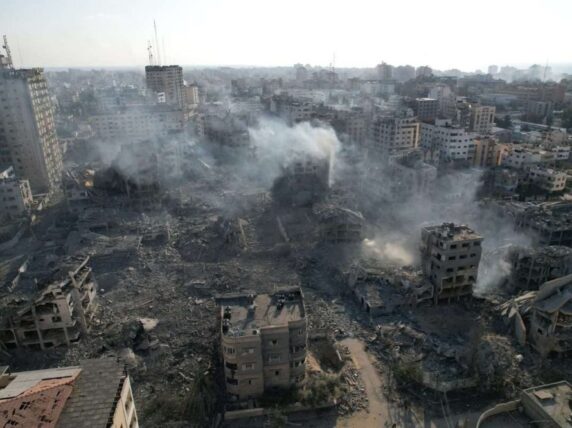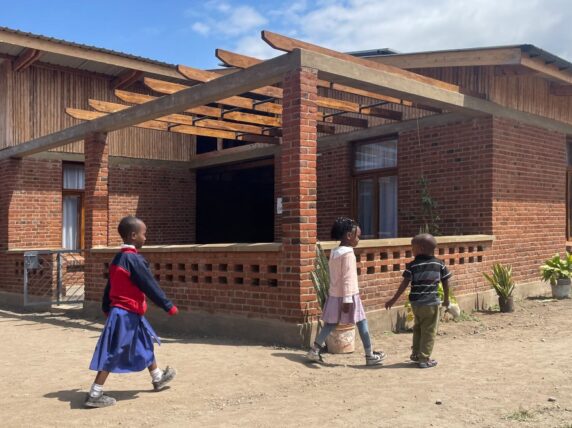Protecting media freedom is crucial to human rights in Commonwealth countries
Media freedom, the cornerstone of free and democratic societies, is being eroded across the Commonwealth.
Attacks on journalists, repressive legislation, and unjustifiable censorship are rampant in too many of its 54 member states.
The Commonwealth Foundation’s recent Critical Conversations online event, Protecting Media Freedom in the Commonwealth, attracted a large audience and the urgency of the issue quickly became apparent.
I’m not a media expert or practitioner. But after 30 years as a lawyer, criminal justice practitioner and international civil servant, I’ve come to understand the critical link between media freedom and the much larger idea of human rights.
Without freedom of opinion and expression—without media freedom as a core element of that larger right—all else is at risk. From the right to food, to the right to participate in government; from the prohibition on torture, to the right to a fair trial: all hinges on the capacity of a society to understand what is going on.
Freedom of expression—including media freedom—is essential to the flourishing of democratic societies and a basic condition for development. Intergovernmental organisations have played a vital role in elevating freedom of expression to the status of a universally recognised right. And while the Commonwealth has not led the pack, we should not forget that, through its Charter, this organisation too has loudly and clearly affirmed the right of every Commonwealth citizen to freedom of opinion and expression—and critically, the obligation of every Commonwealth state to protect that right.
But, on this human rights issue, as so many others, public commitment races ahead of reality. Over a third of Commonwealth member states are in the bottom half of the World Press Freedom Index. Journalists face intimidation, imprisonment and assassination, and impunity for these crimes exacerbates their lasting impact.
In too many countries counter-terrorism legislation is used to shield public officials from media scrutiny; defamation and libel laws are wielded against public interest reporting; and political and commercial interests are distorting the free flow of information. My informal litmus test—the capacity of a society to understand what’s going on—is failing spectacularly across our Commonwealth.
Subscribe to our newsletter
Our weekly email newsletter, Network News, is an indispensable weekly digest of the latest updates on funding, jobs, resources, news and learning opportunities in the international development sector.
Get Network NewsThere is reason to fear things are getting worse. The Covid-19 pandemic we are living through has prompted—and been used to justify—a massive increase in state power. As a result, the sharing of information online and offline is being restricted and reporting on public health data is being compromised. Freedom of expression is, in many respects, an antidote to state power. So it comes as no surprise that the overreach we are seeing has involved a curtailment of that right.
Some of this may be necessary. All political systems recognise the need for extraordinary action in extraordinary times. The rationale is straightforward. When things go terribly wrong, our leaders need the space and capacity to respond swiftly and effectively.
But experience teaches us that the rights and freedoms we sacrifice in crisis risk permanent damage. In the aftermath of the 2001 US terrorist attacks, security agencies across the world were granted vast “temporary” powers. These invariably infringed on basic rights to privacy and security and dealt a terrible blow to media freedom. Many of those laws are still with us, now routinely used for non-terrorism purposes. This is our recent history, and we would do well to remember it.
I’m not alone in my belief that the Commonwealth stands on the edge of a new era: that this moment in history is delivering the Commonwealth a once-in-a-generation opportunity to reinvent itself. There is a real chance that this issue: freedom of opinion and expression—a core value of the Commonwealth Charter—could be the launchpad for that reinvention.
For that to happen, the role of civil society in exposing injustice and advocating for reform of laws and policies needs to be recognised and supported.
Category
News & Views



